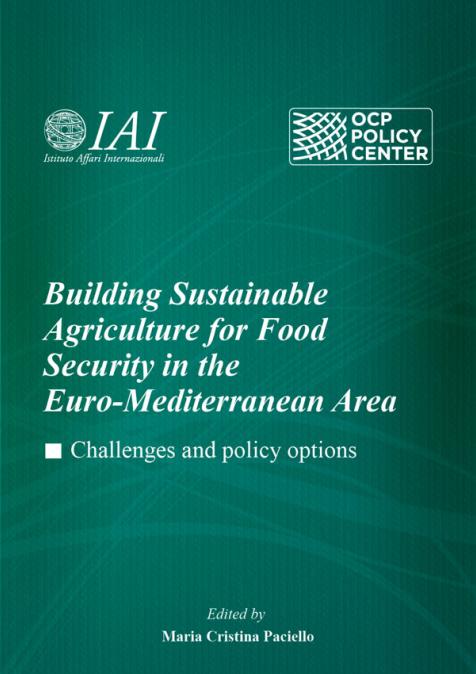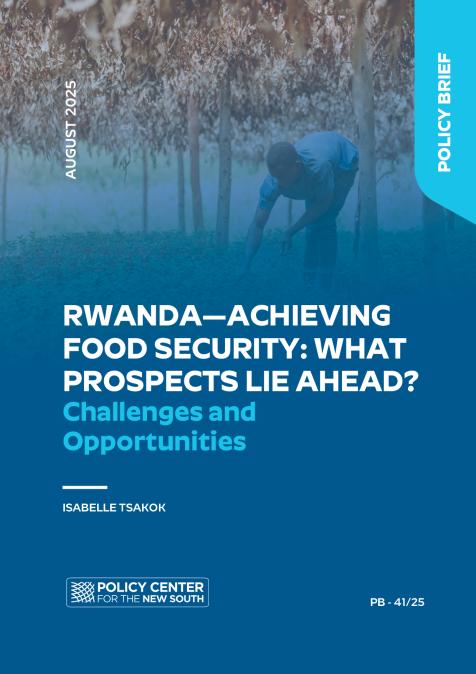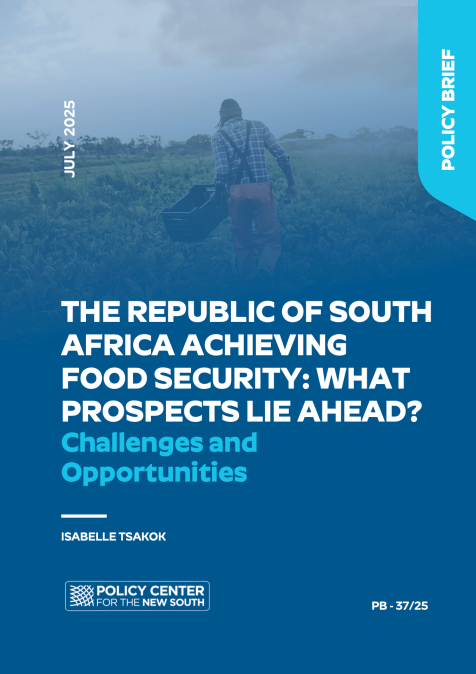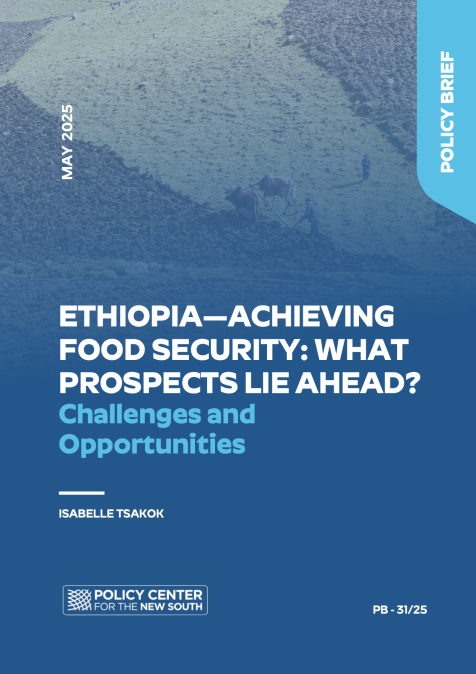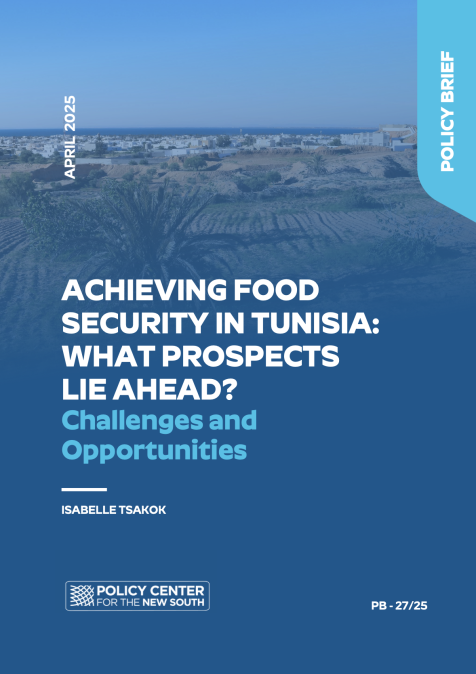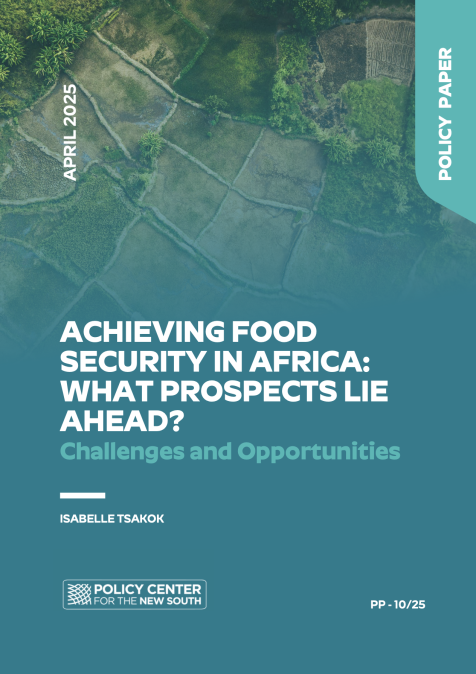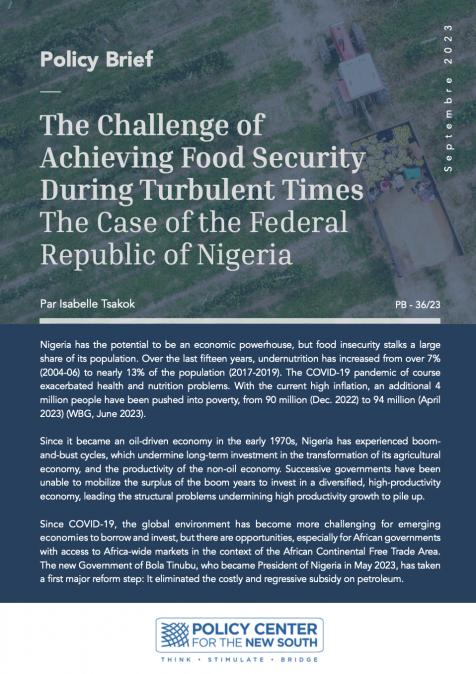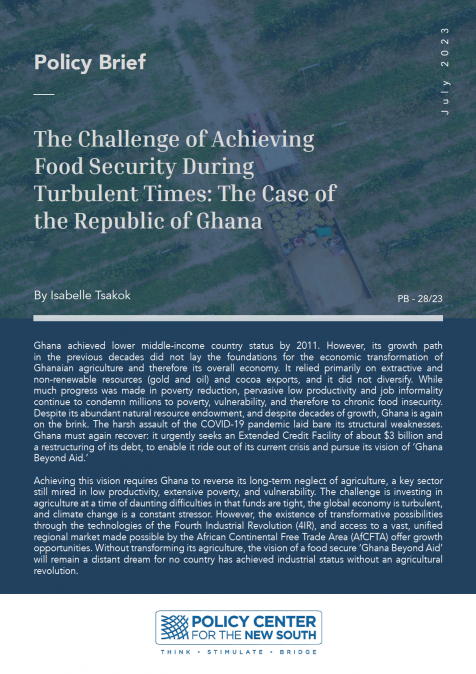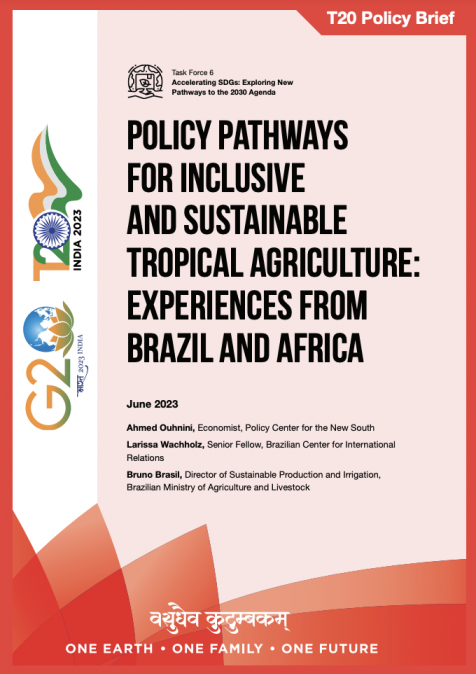Publications /
Book / Report
Sustainable agriculture and food security are of particular concern for the countries of the Middle East andNorth Africa (MENA) region, and represent one of the biggest challenges facing the area. As a consequence of the region’s heavy reliance on food imports, the sharp increase in food prices since 2007 and the consequent world food crisis has had severe adverse effects in several countries, causing macro-economic problems (inflation, trade deficits, fiscal pressure), increased poverty and political instability. This challenge, coupled with the consequences of environmental degradation, water scarcity, urbanization and climate stress, call for the urgent development of sustainable agriculture and food systems. In spite if these problems, agriculture has mostly been ignored in Euro-Mediterranean relations, due to strong opposition from the EU. However, academics and policymakers have increasingly acknowledged that agriculture is a key strategic sector for Mediterranean countries that needs to be placed at the core of Euro-Mediterranean regional cooperation. Given the sensitiveness and strategic importance of agriculture for both shores of the Mediterranean, the IAI and the OCP Policy Center jointly organized a two-day conference in Rabat on November 20-21, 2014 to discuss food security and agriculture challenges in the framework of Euro-Mediterranean relations. The present volume collects the update and revised versions of the twelve papers that were discussed in that meeting.

